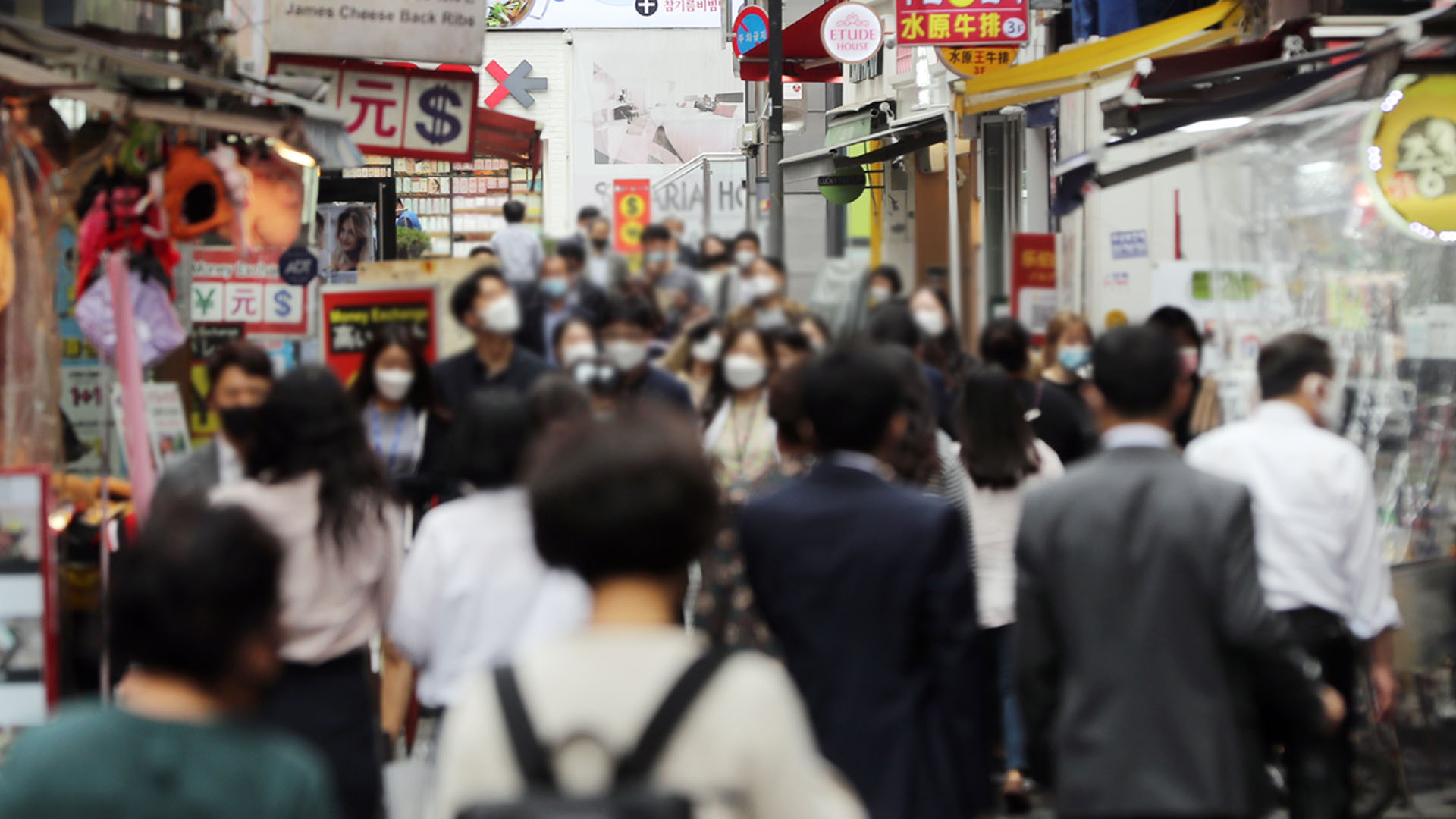[앵커]
Last year, per capita national income in Korea fell to 31,000 dollars.
This is because the exchange rate has risen due to the corona recession.
It is uncertain whether it will be able to beat G7 member Italy as expected.
This is reporter Jo Sung-mi.
[기자]
There were concerns that the income earned by the Korean people last year was 31,755 dollars, and that the 30,000 dollar mark, which is considered the standard for entering commercially advanced countries, will collapse due to the Corona 19 incident, but it was not.
However, it fell 1.1% from the previous year, and per capita national income fell for the second year in a row.
For the second year in a row, the dollar-based national income decline was the third time after the foreign exchange and financial crises.
In addition, since the beginning of the year, the Blue House and the government have made expectations that Korea’s per capita national income will surpass Italy, which is a country in seven major countries, for the first time last year, but there are predictions that it will be difficult.
This is because Italy’s per capita national income was $31,790, which was slightly higher than Korea’s, according to the BOK statistics, when the annual average dollar-euro exchange rate was applied last year.
However, the BOK said that it had to wait for the announcement of international organizations to compare national incomes between countries.
<신승철 / 한국은행 국민계정부장> “It is difficult to compare directly with the dollar-based GNI per capita because it is announced in euros. It will be possible to know exactly whether it has surpassed Italy at that time, as international organizations will soon release national income per capita between countries…
National income per capita converted into KRW was 3,7473,000 won, a 0.1% increase from the previous year, and gross national disposable income increased 0.4%, but consumption expenditure decreased by 4.0% in the private sector and decreased by 1.4%.
It is analyzed as a result of the people choosing to pile up their pockets rather than open them in the corona recession.
This is Yonhap News TV, Jo Sung-mi.
Yonhap News TV article inquiries and reports: katok/line jebo23
Unauthorized reproduction-redistribution prohibited>
2021/03/04 22:38 sent
